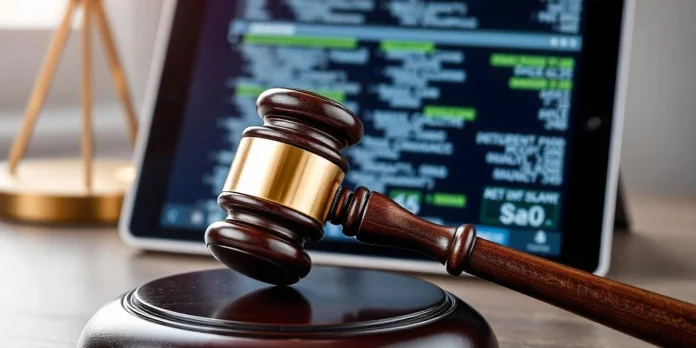The Delhi Police Commissioner has clarified that witnesses whose functions are routine or procedural, such as registering FIRs would be allowed to depose by video link and that material witnesses, including investigating officers and others directly involved in gathering evidence, would continue to appear in person before the court.
In a communication addressed to the Principal District and Sessions Judges, the Commissionerate statement on September 4 said judges can also insist on physical presence whenever required in the interests of justice.
On August 13, Delhi’s Lieutenant Governor V.K. Saxena had issued a notification, invoking provisions of the Bharatiya Nagarik Suraksha Sanhita, 2023, that every police station in the capital would serve as a designated venue for recording police testimony through video conferencing.
The move drew immediate and widespread opposition from lawyers. Lawyers argued that shifting depositions into police stations not only departed from long-standing safeguards of criminal procedure but also risked eroding the fairness of trials by insulating witnesses from the transparency of open court.
The Coordination Committee of All District Bar Associations issued a forty-eight-hour ultimatum demanding withdrawal of the order. When the administration did not relent, a strike began on August 22, paralysing proceedings across Delhi’s district courts and halting even high-profile prosecutions led by the CBI and the Enforcement Directorate. The Delhi High Court Bar Association, the Supreme Court Bar Association, and several other bodies joined in, branding the order inconsistent with the principles of open justice.
Talks with representatives of the Union Home Ministry and the Police Commissioner followed, during which assurances were given that no implementation would take place without consultation. On that basis, some bar bodies suspended their strike, though skepticism remained widespread. Meanwhile, the Delhi High Court admitted a public interest petition challenging the constitutionality of the notification, arguing that testimony delivered from police stations compromised impartiality and undermined the right to a fair trial under Article 21 of the Constitution.
The Delhi Police clarification has, for the moment, tempered the immediate unrest, but the controversy underscores a larger tension within the criminal justice system: the effort to reconcile administrative efficiency with the irreducible requirements of fairness. For many advocates, testimony remains inseparable from the live observation of a witness under cross-examination, something that no technological substitute can fully replicate.


